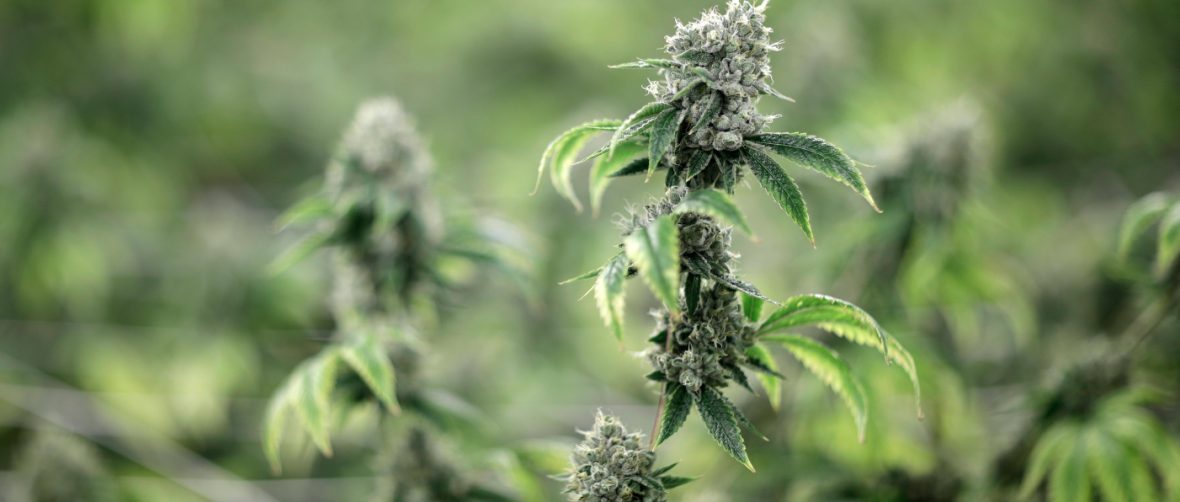Canada’s government is poised to approve sweeping cannabis legalization as soon as this week and could launch marijuana sales by late summer.
The appointed Canadian Senate is expected to give the OK to legalization measure Thursday following years of quiet study and discussion. Once approved by the House, which has already passed a version of the plan, Prime Minister Justin Trudeau’s government expects to launch legal sales as soon as 10-12 weeks from now.
Canada’s approach differs dramatically from that taken in the United States, which has seen nine states and the District of Columbia legalize cannabis but has so far avoided a substantive national discussion about the widely used drug. As part of legalization, the Canadian government will also likely inform citizens that admitting to marijuana use might get them barred from crossing the border into the United States, which still classifies cannabis as a Schedule 1 drug.
“We’ve very much learned from the early mistakes made by some U.S. states and other jurisdictions,” said Sen. Tony Dean, an Independent who sponsored the bill in the Senate. “We know have a national challenge with cannabis. We have some of the highest youth consumption rates in the world, an illegal cannabis market worth upward of $6 billion annually, we know it’s harmful for kids, especially younger kids … and we had a government that wanted to tackle those issues.”
Trudeau and his Liberal party included marijuana legalization as part of their 2015 campaign, and his government has been working toward creating a structure for recreational cannabis sales and consumption since taking office. Medical marijuana has been legal in Canada since 2001, and many U.S.-based cannabis companies have been jockeying for position in that market with an eye toward broader legalization.
Experts say recreational marijuana sales in Canada could be worth $3.3 billion by 2027, in part because businesses will find it easier to work nationally, instead of piecemeal like in the United States. Uruguay is the only other country to legalize marijuana; many other countries have decriminalized it but still prohibit sales.
Canada’s regulations, which are still being finalized, would permit people as young as 18 to buy marijuana from regulated stores and to grow small amounts at home, depending upon which province or territory they live in. The draft rules also call for setting aggressive targets for reducing youth cannabis use, creating national standards for potency testing and packaging and setting tax rates low enough to undercut the black market.
By legalizing marijuana at the federal level, the Canadian government sets the stage for more traditional investment while also assuring entrepreneurs they can use banks like any other business. In the U.S., many cannabis firms must conduct their operations with cash because banks worry the federal government will target them as drug traffickers.
“Canada is creating a normal industry. What we have in the United States is a very abnormal industry,” said Roy Bingham, the CEO and co-founder of cannabis data firm BDS Analytics. “In Canada, you see tobacco, alcohol, pharmaceutical companies, all these mainstream industries interested in getting involved.”
Bingham said many European countries are closely watching how legalization rolls out in Canada, even though California has more residents and a bigger marijuana marketplace: “It’s a respectable, well-regulated country with a democracy that people admire.”
That’s bad news to Kevin Sabet, who runs the U.S.-based anti-legalization group Smart Approaches to Marijuana,. Sabet has consulted with Trudeau’s government about his concerns over marijuana edibles, potency and the speed at which the country is moving toward broader cannabis access. His group warns that widespread marijuana legalization will create a new “Big Tobacco” industry with untold public health costs.
“They’re being more deliberative than the U.S., yes, but that doesn’t mean they have the secret sauce,” Sabet said. “There are considerable concerns with how Canada is normalizing marijuana.”
The plan being discussed by the Canadian Senate this week lacks one major policy point many social justice advocates had pushed for: expunging the criminal records of people previously convicted for minor marijuana crimes. In California, which launched legal sales on Jan. 1, some prosecutors are automatically wiping away those records, and prosecutors in Seattle are seeking to do the same.
Dean said the Trudeau government has assured the Senate that it will address the issue of criminal records once the law is in place. He said after decades of prohibition, Canada’s government is ready to treat marijuana and its users differently.
“It’s a sophisticated piece of public policy that focuses on tackling challenges that were decades in the making,” he said. “We were frankly looking the other way for decades.”

